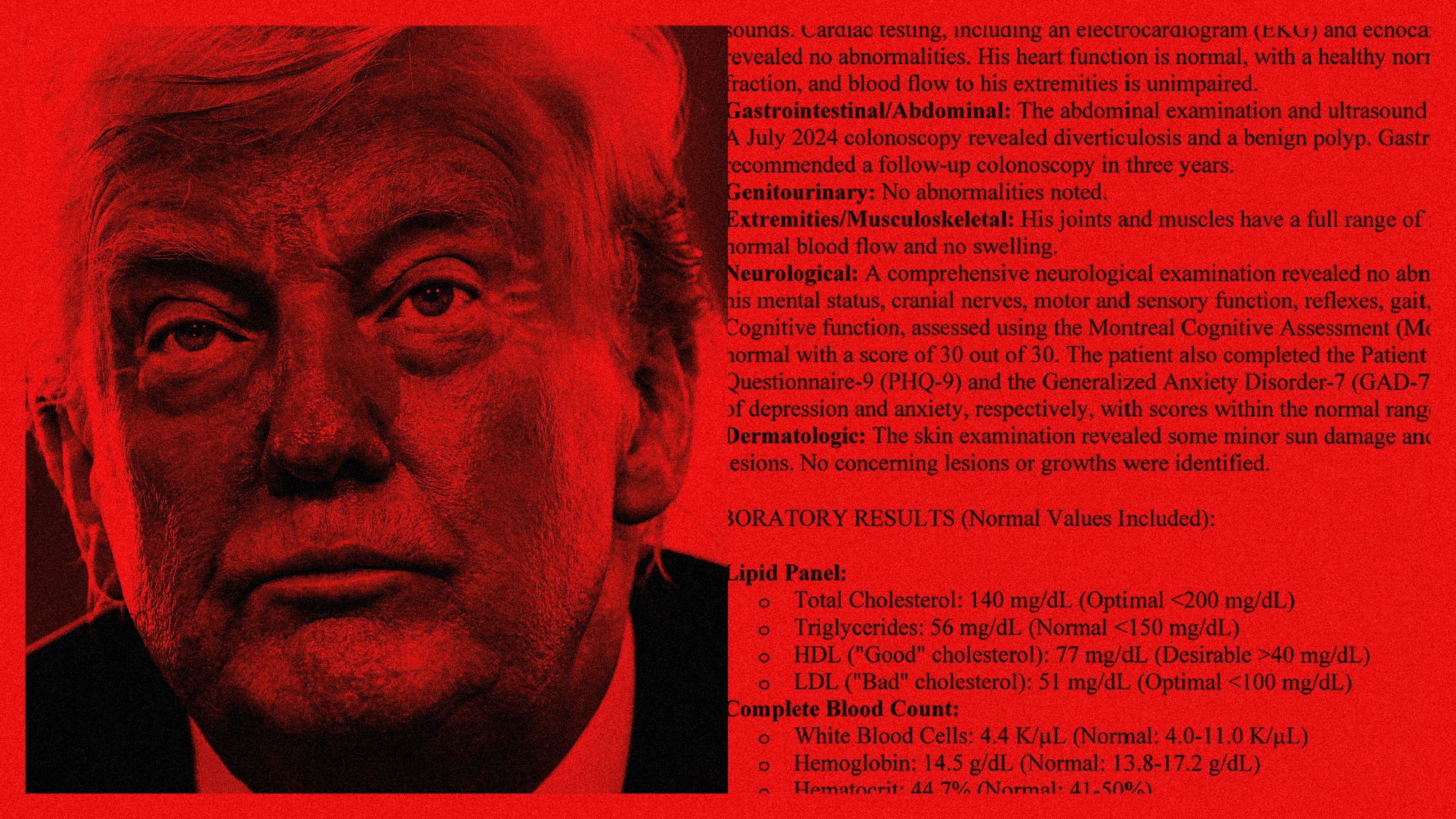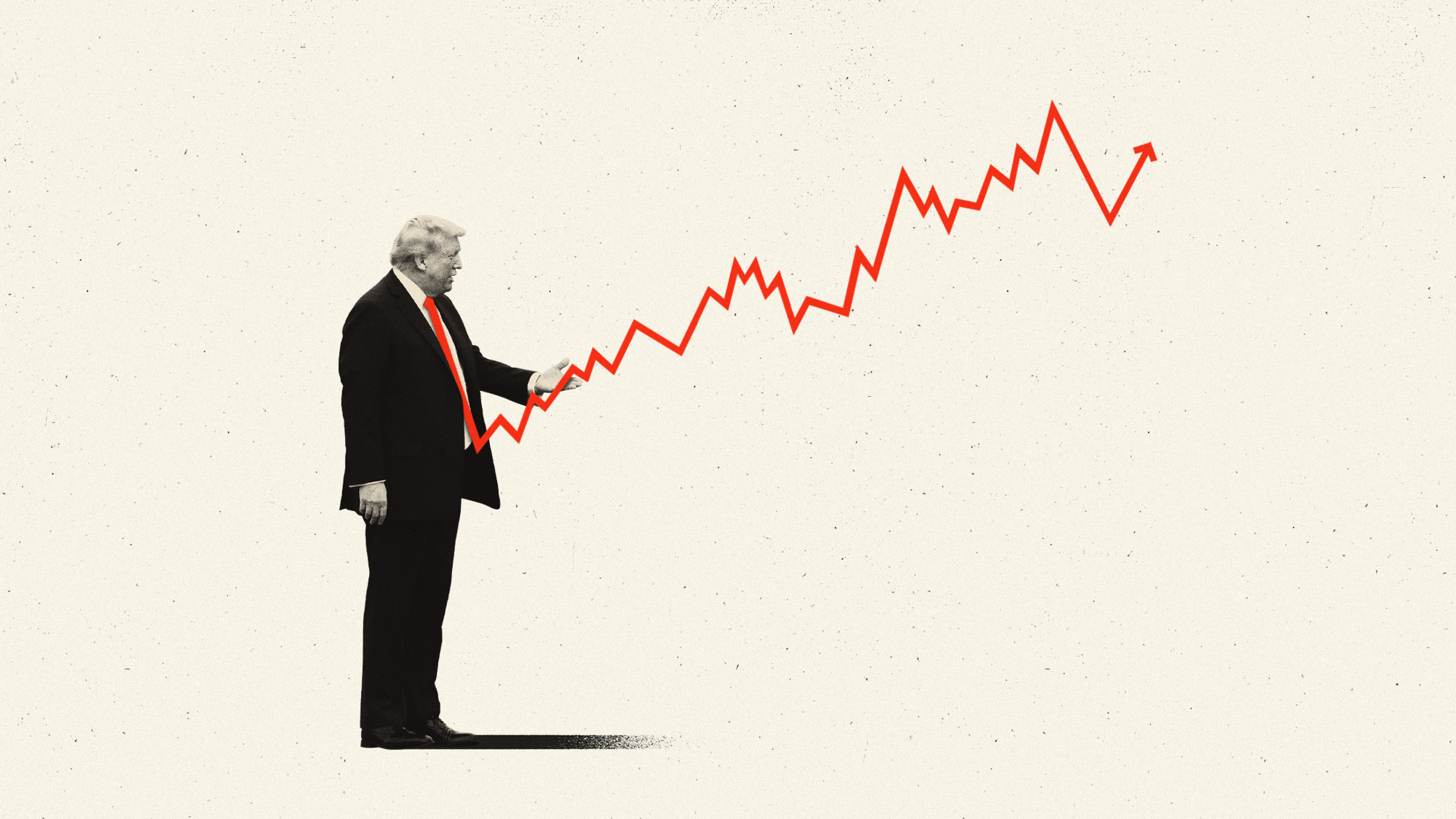Biden is the weakest major party nominee in recent history — but that might be the point
No one will believe that a once-in-a-generation political talent has been wasted if Trump wins a second term, which is still the most likely outcome in November


With Bernie Sanders's inexplicably delayed exit from the presidential primary on Wednesday, it is final: Joe Biden is the presumptive Democratic nominee. I say "presumptive" not only because he has not been formally nominated by his party, but because we have no idea when the Democratic National Convention will end up being held or where. Indeed, it is still unclear whether anything like a national presidential convention will be held at all this year for either of our major political parties. These events are the culmination of a process that begins in many cases at the levels of individual counties, where delegates are selected and sent on to statewide meetings and from there to the national convention. I fully expect to see the process revised from the bottom up and the top down simultaneously between now and July.
But all of that is a formality. Barring some unforeseen accident or a top-secret Zoom convocation of party elders bent on replacing him with Andrew Cuomo, Biden is going to be the one to run against Donald Trump in November, regardless of whether thousands of minor functionaries end up assembling in Milwaukee for a week of pointless roll-call votes and binge drinking. The general election has already begun.
I do not think it is even a slight exaggeration to say that Biden is the weakest nominee fielded by a major political party in the modern history of this country. Never mind the fact that Trump's approval ratings, which at the beginning of the current pandemic were higher than Barack Obama's at a comparable point in his first term, remain solid and that recent polls show a steady plurality of Americans supporting his response to the pandemic: he is an incumbent, one who enjoys all the ordinary built-in advantages in addition to the unexpected one of being president in the middle of a crisis, which is generally not a time when Americans prefer to change who is in charge. Meanwhile, in addition to Biden's now-forgotten history of handsy behavior, the recent allegations of what we bloodlessly refer to as "sexual misconduct" (about which there has been media silence so ubiquitous it is all but conspiratorial), his seemingly unacceptable record on issues from foreign policy to race to health care, his undeniable cognitive decline, which becomes more pronounced every time he attempts to communicate, he is a victim of circumstances. Biden is totally irrelevant to the news cycle and will remain so for weeks and perhaps even months to come in a way that no candidate has been since the emergence of the primary system. There will be no travel, no speeches, no closed-door fundraisers with mega-donors, no campaign headquarters or extensive meetings with potential running mates or cabinet members. His campaign is an idea, something that exists on Wikipedia and occasionally on CNN when there is no breaking pandemic-related news, not something that demands the attention of every living American.
The Week
Escape your echo chamber. Get the facts behind the news, plus analysis from multiple perspectives.

Sign up for The Week's Free Newsletters
From our morning news briefing to a weekly Good News Newsletter, get the best of The Week delivered directly to your inbox.
From our morning news briefing to a weekly Good News Newsletter, get the best of The Week delivered directly to your inbox.
The strangest thing about this is that the present situation is exactly what Biden's campaign hoped would be possible. Instead of subjecting him to a long travel schedule, more debates with Bernie Sanders, speeches, events, and the near-certainty of more embarrassing encounters with potential supporters, Biden is able to stay at home, to rest, to address the public at his leisure with as much preparation as he likes and, for the foreseeable future, on only a single topic. It is a minimalist campaign for a minimally acceptable candidate. It is also the campaign his people always wanted to run anyway.
Why is this the case? I have suspected for some time that the DNC and party leaders like Nancy Pelosi and Chuck Schumer wanted to see Biden as the nominee precisely because he is expendable. Here is someone who has paid his dues, who enjoys widespread approval ratings and near unanimous favor among actual Democratic primary voters (not, as his opponents have learned, the same people who make podcasts or tweet angrily at DNC officials) and can still afford to lose without setting the party back in 2024. No one will believe that a once-in-a-generation political talent has been wasted if Biden loses to the incumbent, which is still the most likely outcome in November. They have everything to gain and nothing to lose by pitting the former vice president against Donald Trump.
This is not to suggest that DNC elites would not be happy to see him in office. On balance, even Democrats prefer winning to losing. It is also not, in fact, impossible for Biden to pull it off in November. But he is not the candidate of a confident, self-assured party running against a hopelessly beatable incumbent. What Biden's nomination reminds us of is that in electoral politics, as in life, carefully managed low expectations are often the secret to happiness.
Want more essential commentary and analysis like this delivered straight to your inbox? Sign up for The Week's "Today's best articles" newsletter here.
A free daily email with the biggest news stories of the day – and the best features from TheWeek.com
Matthew Walther is a national correspondent at The Week. His work has also appeared in First Things, The Spectator of London, The Catholic Herald, National Review, and other publications. He is currently writing a biography of the Rev. Montague Summers. He is also a Robert Novak Journalism Fellow.
-
 A luxury walking tour in Western Australia
A luxury walking tour in Western AustraliaThe Week Recommends Walk through an ‘ancient forest’ and listen to the ‘gentle hushing’ of the upper canopy
-
 What Nick Fuentes and the Groypers want
What Nick Fuentes and the Groypers wantThe Explainer White supremacism has a new face in the US: a clean-cut 27-year-old with a vast social media following
-
 5 highly amusing cartoons about rising health insurance premiums
5 highly amusing cartoons about rising health insurance premiumsCartoon Artists take on the ACA, Christmas road hazards, and more
-
 Memo signals Trump review of 233k refugees
Memo signals Trump review of 233k refugeesSpeed Read The memo also ordered all green card applications for the refugees to be halted
-
 Has Zohran Mamdani shown the Democrats how to win again?
Has Zohran Mamdani shown the Democrats how to win again?Today’s Big Question New York City mayoral election touted as victory for left-wing populists but moderate centrist wins elsewhere present more complex path for Democratic Party
-
 Millions turn out for anti-Trump ‘No Kings’ rallies
Millions turn out for anti-Trump ‘No Kings’ ralliesSpeed Read An estimated 7 million people participated, 2 million more than at the first ‘No Kings’ protest in June
-
 Democrats: Harris and Biden’s blame game
Democrats: Harris and Biden’s blame gameFeature Kamala Harris’ new memoir reveals frustrations over Biden’s reelection bid and her time as vice president
-
 ‘We must empower young athletes with the knowledge to stay safe’
‘We must empower young athletes with the knowledge to stay safe’Instant Opinion Opinion, comment and editorials of the day
-
 Why are Trump's health rumors about more than just presidential fitness?
Why are Trump's health rumors about more than just presidential fitness?TODAY'S BIG QUESTION Extended absences and unexplained bruises have raised concerns about both his well-being and his administration's transparency
-
 Inflation derailed Biden. Is Trump next?
Inflation derailed Biden. Is Trump next?Today's Big Question 'Financial anxiety' rises among voters
-
 Ghislaine Maxwell: angling for a Trump pardon
Ghislaine Maxwell: angling for a Trump pardonTalking Point Convicted sex trafficker's testimony could shed new light on president's links to Jeffrey Epstein
